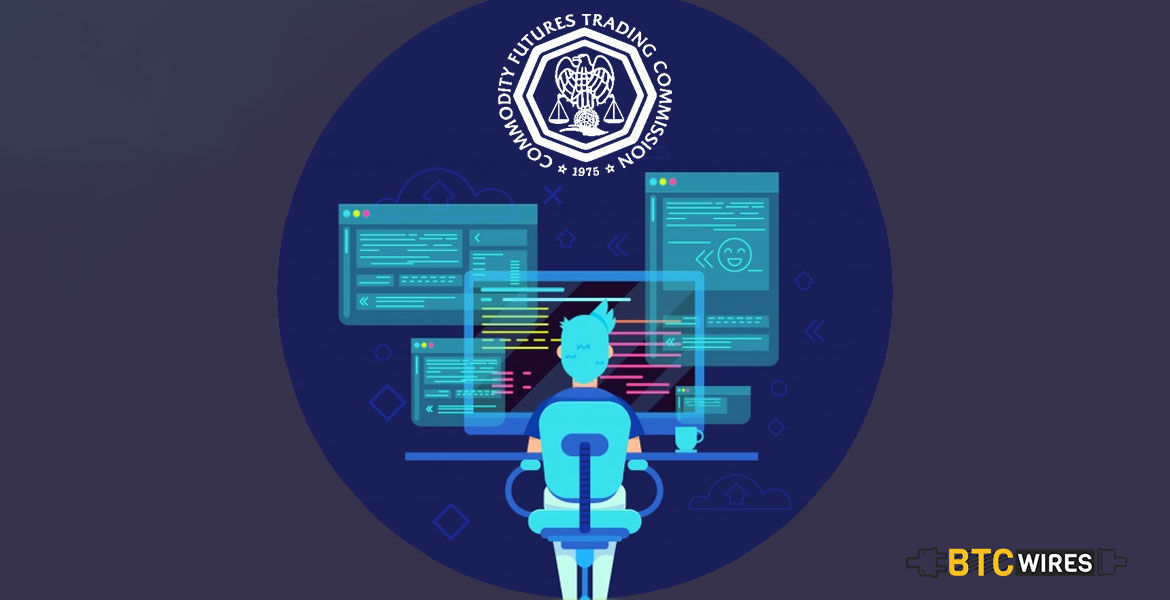Smart contract designers could be held liable in case they

Smart contract designers could be held liable in case they deliberately use blockchain technology for creating functions which are considered as predictive “Event Contracts”, as indicated by a US regulator.
Talking at an event which took place in Dubai on Tuesday, Brian Quintenz, a commissioner at CFTC (Commodity and Futures Trading Commission of the US) detailed his thoughts on how old laws can be implemented to the new technologies like smart contracts as well as the blockchain.
He pointed out that some blockchain protocols allow people to make their own smart contracts predicting future events more extensively.
He Said, “Essentially, these contracts would allow individuals to bet on the outcome of future events, like sporting events or elections, using digital currency. If your prediction is right, the contract automatically pays you the winnings.”
Quintenz noted that such activities could fall under the category that is explained by CFTC as “prediction market”, where people use binary options, “Event Contracts”, or other derivative contracts to bet on either occurrence or outcome of the future events.
He said, “In the past, the CFTC has generally prohibited prediction markets as contrary to the public interest. For example, event contracts based upon war, terrorism, assassination, or other similar incidents may be contrary to the public interest – in which case, the CFTC can prohibit an exchange from offering the contract.”
Quintenz went ahead to say that the CFTC will utilize its traditional approaches to make sure that the nature of these transactions, i.e. whether the transactions are a swap, future, or option.
Considering all that, Quintenz acclaimed smart contract designers to engage with CFTC staff members to check if they can provide these products while staying complaint with CFTC regulations.
He concluded, “I would much rather pursue engagement than enforcement – but in the absence of engagement, enforcement is our only option.”
